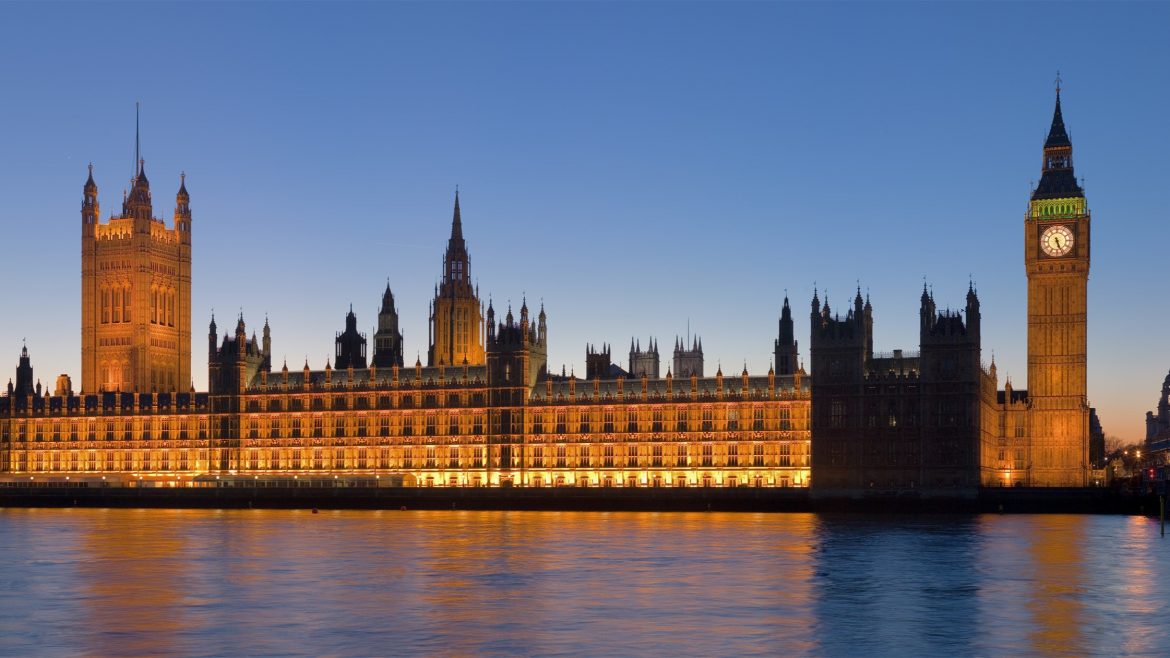UK’s historical contribution to global warming is nearly double the previous estimates, driven by its colonial history, indicates a recent analysis by Carbon Brief. The cumulative carbon dioxide (CO2) emissions since the industrial revolution play a significant role in reaching record temperatures anticipated for 2023.
New insights into historical emissions
Traditionally considered responsible for 3.0% of global cumulative historical emissions, including CO2 from fossil fuels, cement, land use, land use change, and forestry (LULUCF), the UK ranked eighth in historical contributors. However, Carbon Brief’s latest analysis reveals a substantial adjustment, placing the UK’s share at 5.1% due to its colonial history.
Impact on global rankings
With this revision, the UK climbs to the fourth position globally in terms of historical responsibility for climate change. While still trailing the US, China, and Russia, it now surpasses India, Brazil, and Germany. Additionally, the UK’s per-capita emissions, considering emissions under colonial rule, position its population as the second-highest emitters globally.
Colonial emissions and global rankings
According to records, from 1850 to 2023, the UK, within its borders, has been responsible for emitting 76.4 billion tonnes of CO2 which rank it eighth globally. However, including emissions outside the UK during its colonial rule elevates its contribution to 130.2 billion tonnes, now the fourth highest globally.
Former imperial powers, including the Netherlands and France, also reported an increase in their net contribution to global warming with historical responsibility factored in. The EU and the UK, collectively, emerge as the world’s second-largest historical contributor to global warming, with or without colonial emissions.
Key contributors to colonial emissions
India stands out as the largest contributor to the UK’s colonial emissions, accounting for 13.0 billion tonnes of CO2. Of this, 86% is attributed to land use, land use change, and forestry, primarily linked to deforestation during British rule from 1850 to 1947. Other significant contributors include Myanmar, Nigeria, Australia, and Malaysia, with deforestation playing a predominant role.
Per-capita impact
The influence of emissions under colonial rule becomes apparent when evaluating per-capita emissions. Cumulative emissions within the UK borders from 1850 to 2023 amount to 1,128 tonnes of CO2 per capita, ranking seventh globally. However, factoring in emissions overseas under colonial rule, the UK’s current population becomes the world’s second-highest emitters, responsible for 1,922 tonnes of CO2 per capita.
Implications and calls for action
This analysis sheds light on the enduring impact of colonial history on global warming. The findings underline the need for a nuanced understanding of historical emissions and their implications for current climate discussions. As the UK grapples with its heightened historical responsibility, it reinforces the urgency of global collaboration and climate action to address the legacy of emissions.
The revelation of the UK’s amplified historical climate impact provides a critical perspective for policymakers and environmental advocates, emphasising the interconnectedness of historical events and present-day climate challenges.



